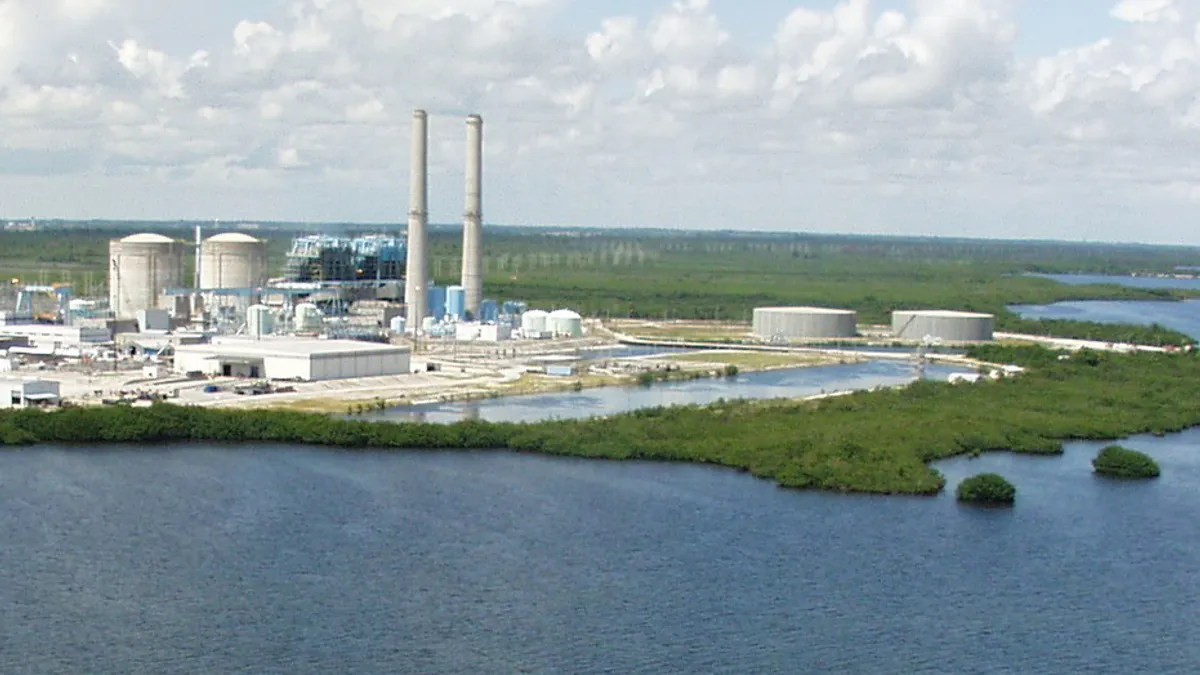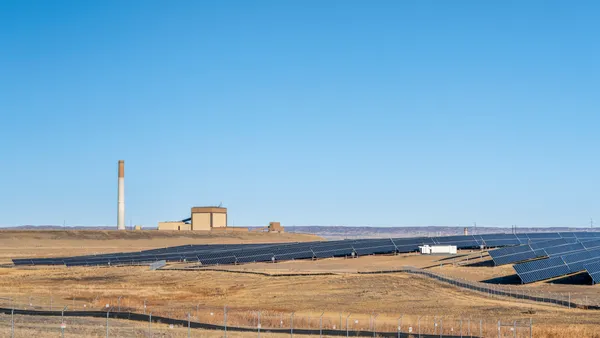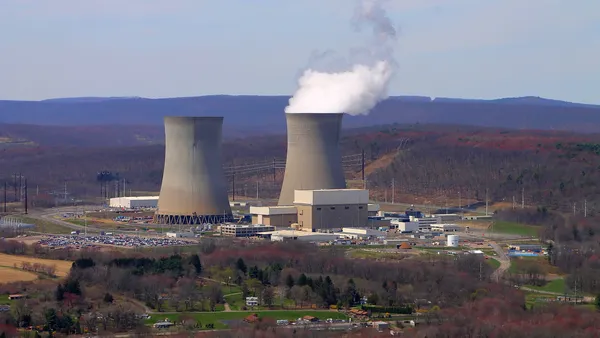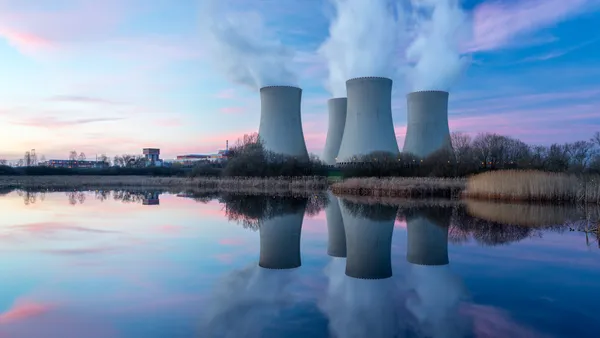Dive Brief:
- The Southern Alliance for Clean Energy and the Tropical Audubon Society have filed a lawsuit in a U.S. district court, alleging Florida Power & Light has violated the Clean Water Act in operating its Turkey Point nuclear facility, and calling on the utility to fix pollution issues.
- The complaint, filed in the Miami Division of the U.S. District Court, Southern District of Florida, comes just days after state regulators approved FPL's request to defer charging customers millions associated with developing new reactors at the site.
- FPL recently entered a consent order with the Florida Department of Environmental Protection, agreeing to take steps to improve water quality around the plant over a period of ten years. The facility has been leaking salty water into Biscayne Bay.
Dive Insight:
SACE and the Tropical Audubon Society have asked a judge to determine FPL is in violation of the Clean Water Act, as a plume of salt water in Biscayne Bay is souring water quality and polluting the cooling canal. The utility's promises to clean up the area are not enough, according to officials backing the lawsuit.
"We think that it does not solve the problem going forward, and we have real concerns about its ability to effectively remediate the problem that has been generated over the past 40 years," said SACE Executive Director Stephen Smith. Canals used for cooling water are not keeping the bay safe, he said.
"This elaborate, 10 square mile, open industrial sewer is the best way to describe it,” he said. “It is unique. It is a grand experiment that has systematically failed."
The lawsuit demands FPL cease discharging water into the canal, and asks the court to direct FPL "to remediate the pollutants that have migrated from the cooling canal system into Biscayne Bay and the ground water surrounding the cooling canal system."
Among other claims, the lawsuit says FPL failed to "adequately control the temperature of the cooling water in the cooling canal system, by failing to control the nutrient levels in the system, and by failing to properly operate the so-called 'interceptor' ditch to prevent widespread contamination of the ground water by saline water and other pollutants, including radioactive tritium."
As the controversy surrounding existing units at Turkey Point continues, FPL is also working to develop new reactors at the site. Ahead of an anticipated rate case, the utility asked regulators to defer some development costs until 2017, but by the end of this year, customers will already have paid more than $280 million on the project.















